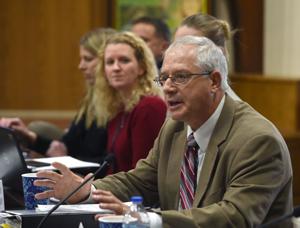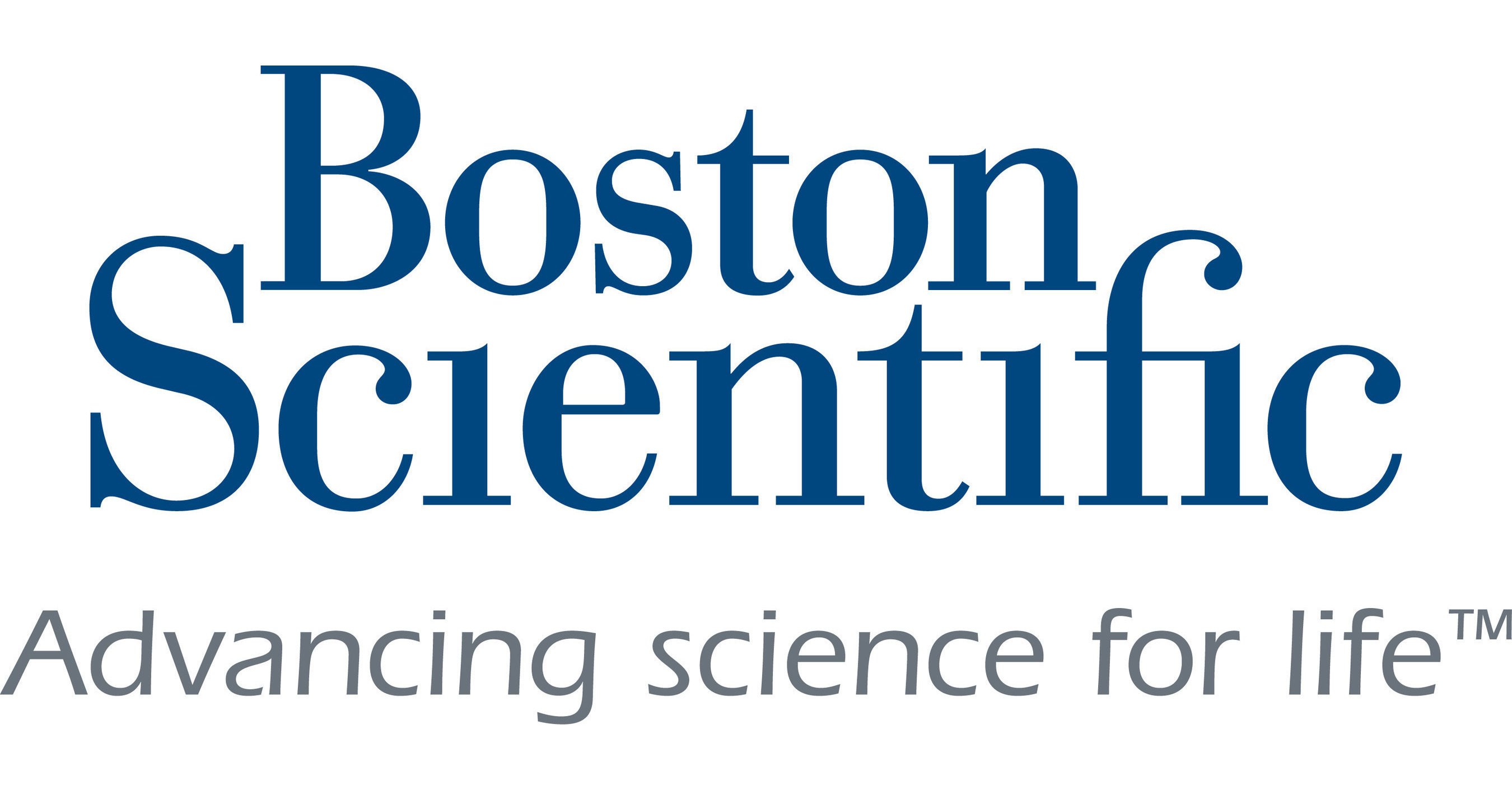
Listen to Story Scottish data scientists are developing a digital tool that can predict a person's risk of dementia from a simple eye test. A team of scientists, clinical researchers and opticians, has gathered a million eye scans from opticians in Scotland - forming the largest dataset of its kind. They will use artificial intelligence and machine learning to analyse photographs taken of the retina at the back of the eye which can give an indication of brain health.
Since AI will help analyse the information, scientists may be able to detect signs of dementia even before the symptoms are experienced. Currently, dementia is the fastest growing brain disorder in the world. It consists of a range of conditions that lead to thinking decline in the brain.

Since it is age-related, once it strikes, it affects the person's memory, thinking, behaviour and motor control. It becomes difficult for people to do their daily tasks. Alzheimer's disease is the most common type of dementia.
The NeurEYE research team, led by the University of Edinburgh, along with researchers from Glasgow Caledonian University, have developed an algorithm that will enable the AI tool to assess the health of blood vessels in the eye that indicate neurodegenerative diseases. The data allows researchers to find patterns that could indicate a person’s risk of developing dementia , as well as giving a broad picture of brain health. "Advances in AI are revolutionising disease prediction.
By training algorithms on representative data, we can make early detection of dementia equitable and effective for all," Professor Miguel Bernabeu, Co-lead for NeurEYE, Usher Institute. The initiative is part of NeurEYE's previous work of using AI to analyse brain scans for dementia risk. "The eye can tell us far more than we thought possible.
The retina holds a whole wealth of information and is a biological barometer of our brain health. We can see the retina with the simple, inexpensive equipment found in every high street in the UK and beyond," Baljean Dhillon, professor of Clinical Ophthalmology at the University of Edinburgh and NeurEYE co-lead, told BBC. He added that a photograph of a retina can now be harnessed to potentially predict brain change later on in life.
David Steele, 65, shared how an earlier diagnosis of dementia could have helped his family. "My mum’s Alzheimer’s was masked by another diagnosis for ten years. If predictive tools like this had existed, we could have had the right help much earlier," he said.
.















